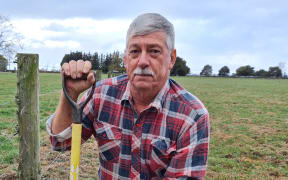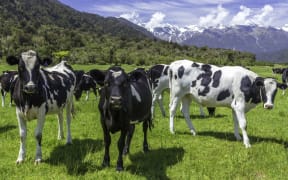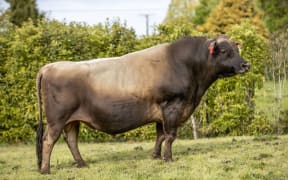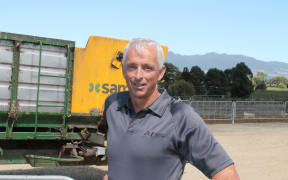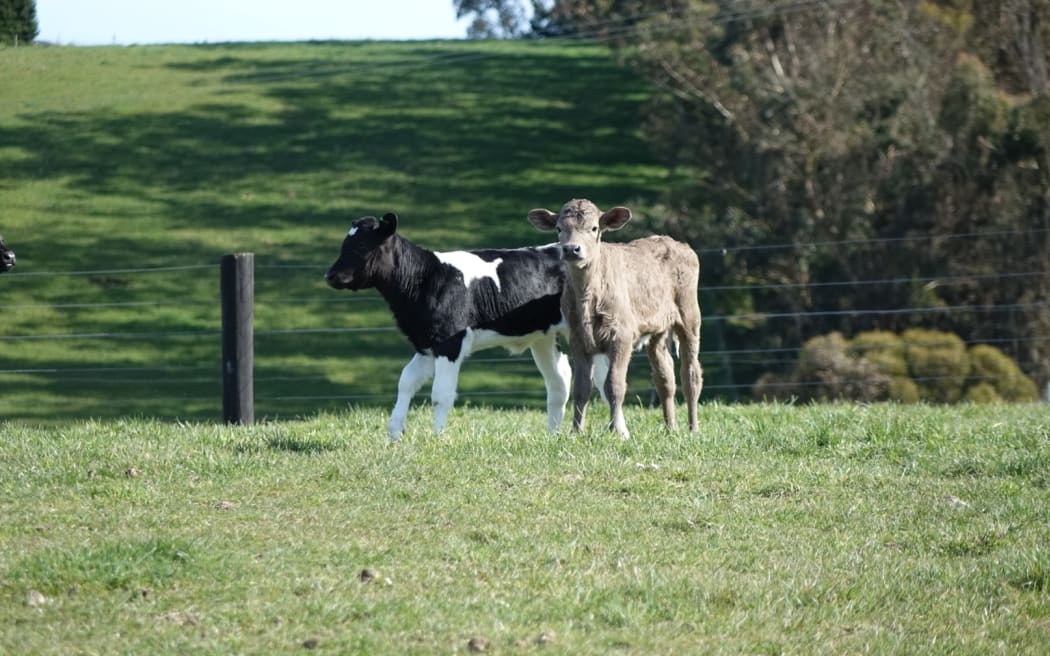
Photo: RNZ / Ian Telfer
Hundreds of farmers have been reimbursed after a bad batch of sire semen was used on 921 herds across the country, resulting in lower pregnancy rates.
Livestock Improvement Corporation (LIC) provides premier sire semen straws which dairy farmers use to mate their herds.
Routine testing in October found issues with 13 batches of semen that were used on farms on 17, 18 and 19 October.
LIC general manager of New Zealand markets Malcolm Ellis said the batches passed early quality control checks before failing the day three test.
"A biological breakdown occurred within the straws which impacted semen survival across the three days of insemination, and LIC continues to investigate the cause."
Some cows got pregnant but the success rate was lower than normal, he said.
Ellis said an issue like this could have flow on effects on farm and LIC acknowledged the impact and frustration it had caused.
Once the issue was identified LIC refunded farmers the cost of the semen and the cost of insemination, he said.

Manawatū dairy farmer Richard McIntyre. Photo: Supplied
Federated Farmers dairy chair and Manawatū dairy farmer Richard McIntyre received a bad batch and said the effect would vary from farm to farm.
"For farmers like me that only had a few straws it won't be a huge impact, but there are farmers that had synchronised their cows so that a whole lot cycled on certain days particularly if it was the start of their mating period and then they had a bunch of straws that weren't up to scratch and a lot of cows didn't get in calf, so they will be hugely affected by it."
McIntyre said LIC deserved credit for picking up on the issue during routine testing and acting on the information. "They contacted farmers pretty quickly so they could plan around having more cows return three weeks later."
But he said the quality issue raised bigger questions about the risks farmers took when using breeding companies.
"One of the frustrating bits from a farmer point of view is that both of the major breeding companies have clauses in their terms and conditions that limit their liability to the cost of the product or service involved.
"So we can have these sorts of failures, not normally at this scale, but there is very little from a liability point of view that goes back on the breeding companies, so in effect it's the farmers that have to take on any risk of failure."

